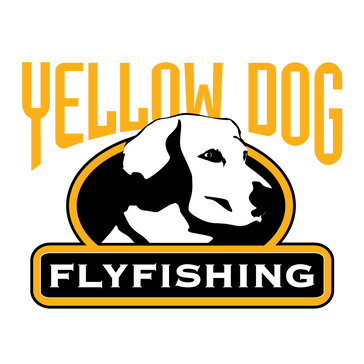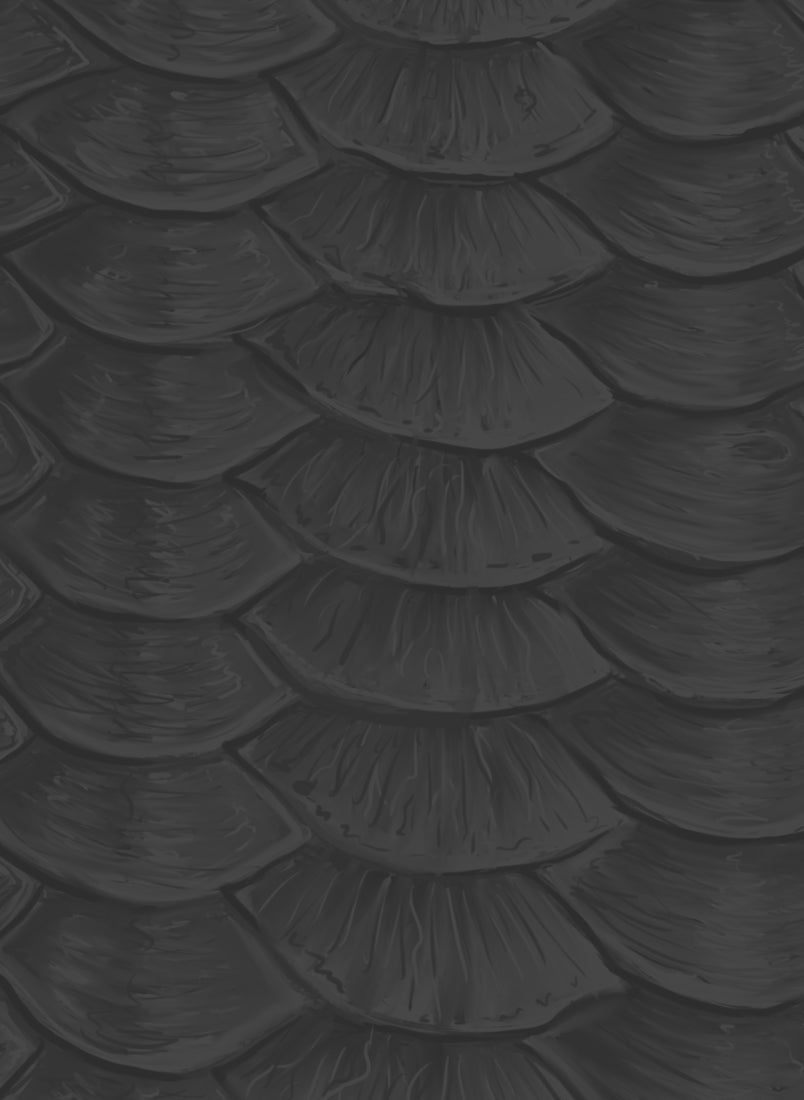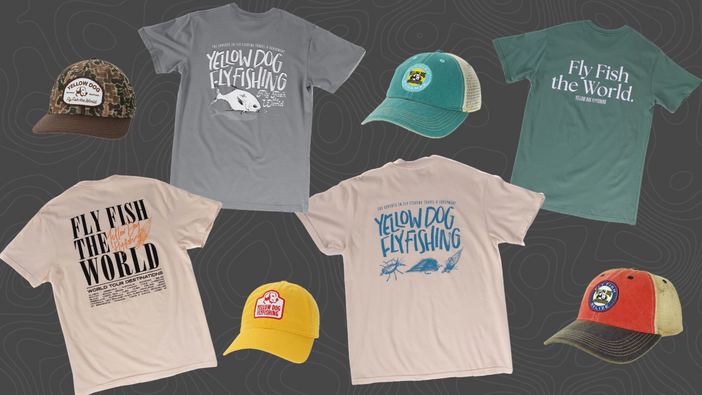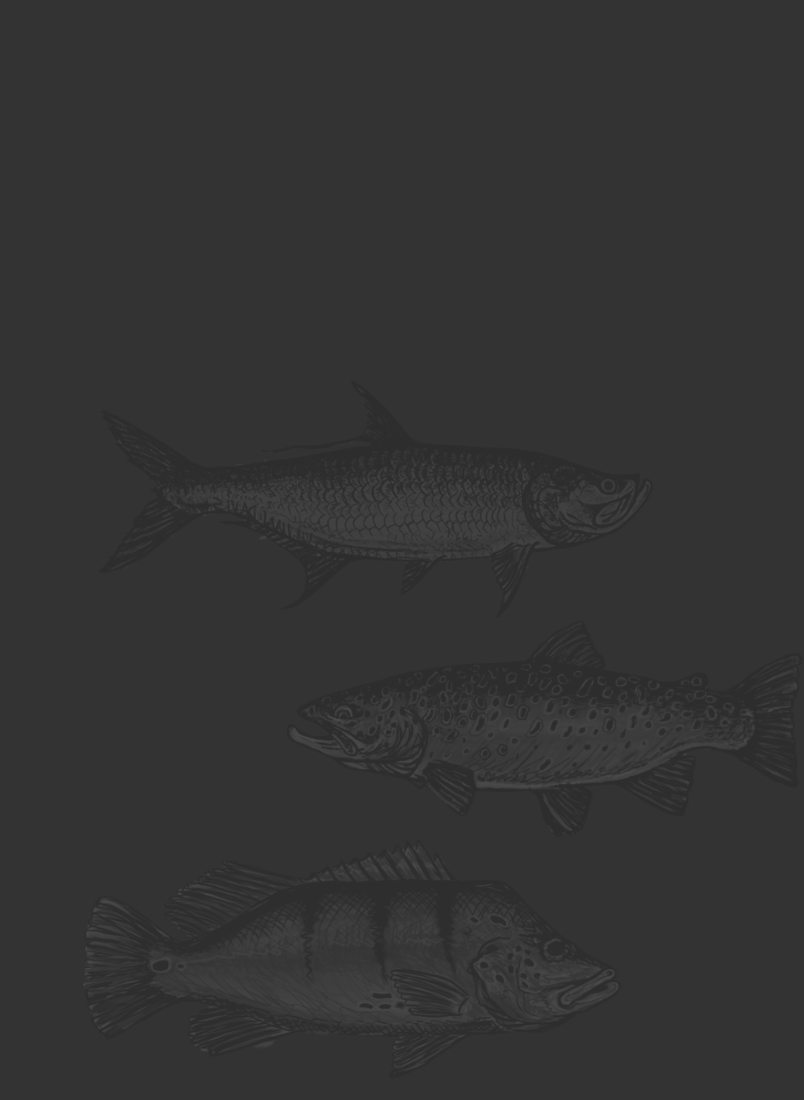Choosing the right fly is essential to angling success – without the correct fly you’re not imitating the available food source. From the mountains of Montana to the spring creeks of Pennsylvania to the intimate waters of north Georgia, trout season is here for many of us.
Be sure to check your local angling regulations and current restrictions before going fishing, and be sure to support your local fly shop during these unique times.
Granted, this list is void of two things: first, it leaves out some of the more well-known patterns like Pheasant Tails and Prince Nymphs, and Elk Hair Caddis, which are all great patterns for spring fly fishing for trout. However, most anglers are already aware of these proven patterns and they are always good options for spring fly fishing. Second, it is skimpy on dry fly patterns because dry fly fishing in springtime is about opportunity rather than expectation.
In no particular order, here are some favorite patterns for fly fishing trout in your local rivers and creeks for the spring season.
Parachute Purple Haze: Now is when Blue Winged Olives could hatch on any given day. A regular Parachute Adams will work fine, but in seeing thousands of fish eat dry flies on various Parachutes, the purple body makes a difference. Gary LaFontaine was a believer in the way light refracts off a fly. I am too, and there’s something about purple. Longtime Yellowstone River guide Pat Straub says this of the Parachute Purple Haze: “It’s the only dry fly I carry in all sizes, from 8 to 22, because it works in so many situations.” The Purple Haze will put a spell on you.
LaFontaine’s Buzzball: Gary LaFontaine, a fishing and fly-tying pioneer developed this simple pattern. While fishing the Missouri River in winter, he struggled to imitate clustering midges, so he created the Buzzball. This pattern is extremely effective on many rivers but should work anywhere midge clusters get thick and gooey. In sizes 8 to 18, it can also work very well for a caddis imitation. LaFontaine’s original pattern was tied without a high-visibility wing, but recent tiers added the wing for better visibility. When fishing the Buzzball, add fly floatant to your leader so the fly floats higher on the surface.

Pat’s Rubberlegs/Girdle Bug/Crazy Legs: Is there any time of year this fly doesn’t catch fish? A stonefly imitation at its core, this simple fly just works. Dead-drift it under an indicator as a nymph on its own, or use it as a lead fly in a two-fly setup. The rubber legs flex and pulse in the current adding life to the fly, and the chenille color can vary to match any shade of stonefly. Black, brown and variegated black-and-brown are also very effective colors. For the next six weeks on most western trout rivers it’ll be rare when a Pat’s Rubberlegs isn’t the first to tie on when fishing weighted nymphs. Sizes 8, 10, and 12 will be most successful.
Firebead nymphs: For anyone out there who doesn't care what they look like in the mirror, but most importantly, spends a lot time on tailwater rivers and doesn't mind to nymph, firebeads are important. As our rivers transition from winter to spring, trout will be on the lookout for easy meals with lots of calories, and a firebead provides that. Firebeads burst onto the angling scene about 10 years ago. Some argue that the firebead imitates an egg – we’ll never know what a trout is thinking when eating a fly – but there’s no argument about its effectiveness.
Beadhead Zebra midge This is a fly tied to imitate a midge pupa or an emerging midge. Midges are prominent year-round in every trout river. However, the Zebra Midge is not just for imitating midges. This can be fished as a mayfly or caddis nymph on Montana's Paradise Valley or California spring creeks, fished as a caddis on the Madison River or Upper Delaware River, and as a freshwater shrimp on the Bighorn River in Montana or Wyoming. Drop it under your favorite dry fly and few rising trout can resist.
Tie: Zuddler and Sculpzilla: After a thumb wrestling competition between two old-time Montana trout guides, they agreed these two patterns were equally effective. Both patterns are intended to imitate baitfish and larger food sources – such as crayfish – found in our local waters. They can be fished with action, or dead-drifted under an indicator. But, like fishing any streamer pattern during spring season, faith and commitment bare the fruits of the collective angling labors.
There you have it, a solid list of great fly fishing flies for spring trout throughout the U.S. If fishing is allowed and legal in your area then, be sure to have these flies. Armed with the proper fly and the right amount of faith, your early spring fishing should be rewarding.

Related Articles:





























